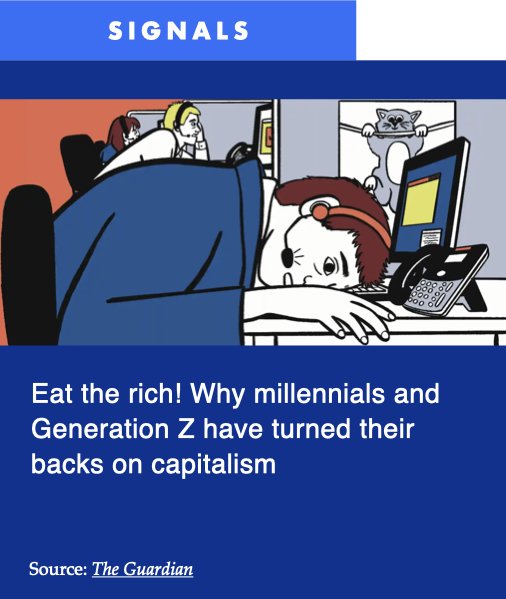Gen Z’s politics are interwoven with identity
Gen Z is seen to be the hope of a liberal future, focusing on issues that resonate from their backyards to the world: social justice, climate activism, combatting inequities, gun safety, voting rights, and more. For Gen Z, a generation that increasingly identifies as LGBTQ+, world politics are inextricable from their identity politics, and they expect everyone from employers to brands to resonate with their values. Gen Z is a politically passionate generation, using technology platforms to organize, activate and energize their values to their peers and beyond.
In the 2018 midterms, when Gen Z became voters en masse, the youth vote doubled the historical average — a trend that continued in the 2020 presidential elections.
Even before they reach voting age, Gen Z has shown their political stripes in ways that have defied their elders. From speaking out on voting rights at age 13 to calling out inaction on gun violence, Gen Z boldly exceeds the expectations of their years.
Commonly, Gen Z’s politics are seen to neatly fit under a liberal umbrella, setting up Gen Z to take on those progressive ideals. As more Gen Zers come of voting age and working age, they are touted as the hope for Democrats in the U.S., and in many cases, for democracy itself. The truth, however, is more complex. Just ask a Gen Zer.
Gen Z doesn’t want your (political) party
Gen Z is exhausted by politics, and research suggests that many are going the way of their Gen X parents — frustrated with the status quo of politics and preferring to not support either party. This frustration with the status quo is driving young Gen Z towards the polarities of democratic socialism — and for some, far-right politics. The ideals of some Gen Z groups, like the young girls attracted to the Tradwife movement, which highlights old-school values of being a conservative woman at home, are important to understand in the context of voting, too. And most young Americans believe that democracy is, in fact, failing, according to the Harvard Youth Poll 2021.
The platforms Gen Z uses for political and social purposes are bringing the gospel of a growing conservative youth to larger audiences, such as Christian TikTok, where the focus isn’t just on one-sided politics, but educating their peers on their interests. Identity politics are also the focus of both far-right and socialist TikTok, too, showing the fluidity of their political ideologies beyond party lines. Gen Z voices are also heard calling out ideologies they are firmly against, even if it’s their own public-facing parents, like Kellyanne Conway’s teenage daughter, Claudia Conway whose controversial public dissent against her conservative mother gained her a mass following on her social platforms.
According to a survey of 1,500 college students nationally, Gen Zers of college age have been alienated by the Republican Party — but that doesn’t mean they have migrated to the Democratic Party. “Most students dislike both parties: Only 10% think that the Republican Party is moving in the right direction, and just 18% say that’s true of the Democrats,” according to the LA Times.



















